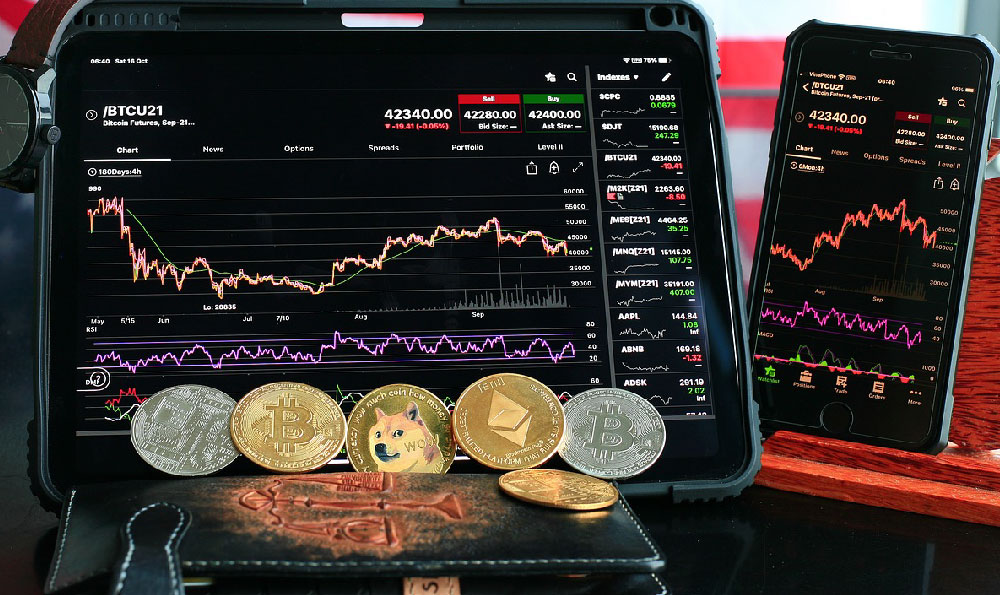How Can Music Make You Money? & What Steps to Take?
Music, often considered a source of joy, solace, and artistic expression, can also be a viable avenue for generating income. While achieving financial success in the music industry requires talent, dedication, and strategic planning, understanding the various avenues for monetization and taking the right steps can significantly increase your chances of earning a living, or even substantial wealth, through your musical endeavors. The path to financial success as a musician is multifaceted, demanding a blend of artistic creativity and business acumen.
One of the most traditional and well-known methods is through royalties. When you compose music, you own the copyright. This copyright grants you the right to be compensated whenever your music is used. This includes mechanical royalties (generated when your music is reproduced, such as on physical albums, digital downloads, or streaming platforms), performance royalties (paid when your music is performed publicly, whether live in concert or broadcast on radio or television), and synchronization royalties (earned when your music is used in visual media like movies, TV shows, or commercials). Joining a Performing Rights Organization (PRO) like ASCAP, BMI, or SESAC is crucial for collecting performance royalties. These organizations track public performances of your music and distribute royalties to their members. Similarly, you can register your compositions with collection societies that handle mechanical royalties for digital and physical distribution.
Live performances are another significant source of income for many musicians. Building a local following and gradually expanding your reach to regional and national tours can provide a steady stream of revenue. This requires consistent gigging, networking with venue owners and promoters, and effective marketing of your shows. Pricing your tickets appropriately, considering factors like venue size, your fan base, and production costs, is crucial. Offering merchandise, such as t-shirts, CDs, and posters, at your shows can also supplement your income. Beyond local venues, consider exploring opportunities at festivals, conferences, and corporate events.

The rise of digital distribution has revolutionized the music industry, providing independent artists with greater control over their music and access to a global audience. Platforms like Spotify, Apple Music, Amazon Music, and YouTube Music offer musicians the opportunity to upload their music and earn royalties based on the number of streams and downloads. While the per-stream royalty rates can be relatively low, the cumulative effect of a large number of streams can generate substantial income. Utilizing a digital distributor like DistroKid, CD Baby, or TuneCore is essential for getting your music on these platforms. These distributors handle the technical aspects of uploading and distributing your music, collecting royalties, and providing you with reports on your earnings.
Beyond streaming, selling your music directly to fans is another viable option. Creating a website or online store where you can sell digital downloads, physical albums, and merchandise allows you to retain a larger percentage of the revenue compared to streaming platforms. Platforms like Bandcamp are particularly popular among independent artists, as they offer a user-friendly interface for selling music and merchandise and allow artists to set their own prices. Offering exclusive content, such as bonus tracks or behind-the-scenes videos, can incentivize fans to purchase directly from you.
Licensing your music for use in films, TV shows, commercials, and video games can be a lucrative source of income. This involves granting permission for your music to be used in these media in exchange for a fee. Building a professional-sounding demo reel and actively pitching your music to music supervisors and licensing agencies is crucial. Networking within the film and television industries can also lead to licensing opportunities.
Teaching music can provide a stable and consistent income stream. Offering private lessons, group classes, or online courses can attract students of all ages and skill levels. Building a strong reputation as a knowledgeable and effective teacher is essential for attracting and retaining students. Consider specializing in a particular instrument or genre to differentiate yourself from other teachers.
The advent of the internet has opened up new avenues for musicians to connect with their audience and monetize their music. Creating a Patreon account allows fans to support you financially on a recurring basis in exchange for exclusive content, such as early access to new music, behind-the-scenes videos, and personalized messages. Engaging with your Patreon supporters regularly and providing them with valuable content is crucial for maintaining their support. Livestreaming performances on platforms like YouTube, Twitch, and Facebook Live can generate income through donations, subscriptions, and ad revenue. Interacting with your audience during the livestream and offering exclusive content can encourage viewers to support you financially.
What are the concrete steps to take?
- Develop Your Craft: Honing your musical skills is paramount. Practice consistently, take lessons from experienced musicians, and experiment with different styles and techniques. A strong foundation in music theory and performance will significantly enhance your marketability.
- Build a Strong Online Presence: Create a professional website and social media profiles to showcase your music, connect with fans, and promote your shows and releases. Regularly update your profiles with fresh content, engage with your followers, and use targeted advertising to reach new audiences.
- Register Your Music with PROs: Join a Performing Rights Organization (PRO) like ASCAP, BMI, or SESAC to collect performance royalties. This is crucial for ensuring that you are compensated whenever your music is performed publicly.
- Distribute Your Music Digitally: Utilize a digital distributor like DistroKid, CD Baby, or TuneCore to get your music on streaming platforms like Spotify, Apple Music, and Amazon Music.
- Network with Industry Professionals: Attend industry events, connect with other musicians, venue owners, promoters, and music supervisors. Building relationships with key players in the industry can open doors to new opportunities.
- Create a Business Plan: Develop a comprehensive business plan that outlines your goals, strategies, and financial projections. This will help you stay organized, track your progress, and make informed decisions about your career.
- Protect Your Intellectual Property: Copyright your music to protect your rights as a creator. This will prevent others from illegally copying or using your music without your permission.
- Stay Persistent and Patient: Building a successful career in music takes time, effort, and perseverance. Don't get discouraged by setbacks, and continue to refine your craft, promote your music, and network with industry professionals.
Financial success in music is not guaranteed, but by understanding the various avenues for monetization, taking the right steps, and consistently working towards your goals, you can significantly increase your chances of earning a living, and perhaps even thriving, through your musical talents. Remember that a diversified approach, combining multiple income streams, is often the most sustainable path to financial security in the music industry.














